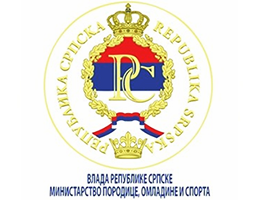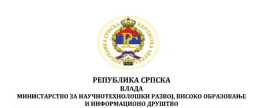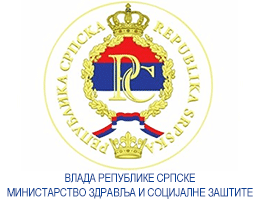FINANCING AND FINANCIAL RISKS OF PROFESSIONAL SPORTS CLUBS IN THE REPUBLIC OF CROATIA
Volume 10, Issue 2 (2020)
The system of fi nancing sports clubs in the Republic of Croatia is the closest to a mixed model in which the main sources of fi nancing are: budget funds and the economy. It is an indisputable fact that professional sports clubs in the Republic of Croatia from the beginning of the 1990s until today have actually relied mainly on city administrations and majority stateowned companies in terms of funding. In the total revenue structure of all major sports clubs in Croatia, all other revenues including the private sector, TV rights, ticket revenues, revenues from own marketing, were extremely small and in fact such an inadequate revenue structure of almost all clubs created “dependent clubs” that have become existentially addicted to public money in the case of non-commercial sports, or in the case of football addicted to UEFA revenues or player transfers which in turn have great variability. The paper examines and proves that the greatest impact on reducing fi nancial risk in business have their own revenues generated by sports teams in Croatia. All the funds they receive from the budget or from sponsors from the economy are not enough to reduce the risk and the club to operate without diffi culty.






